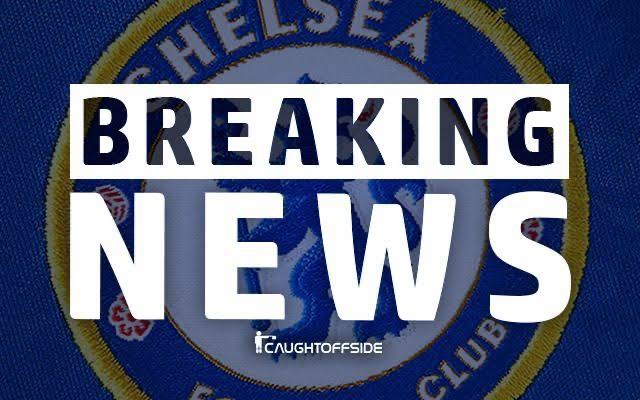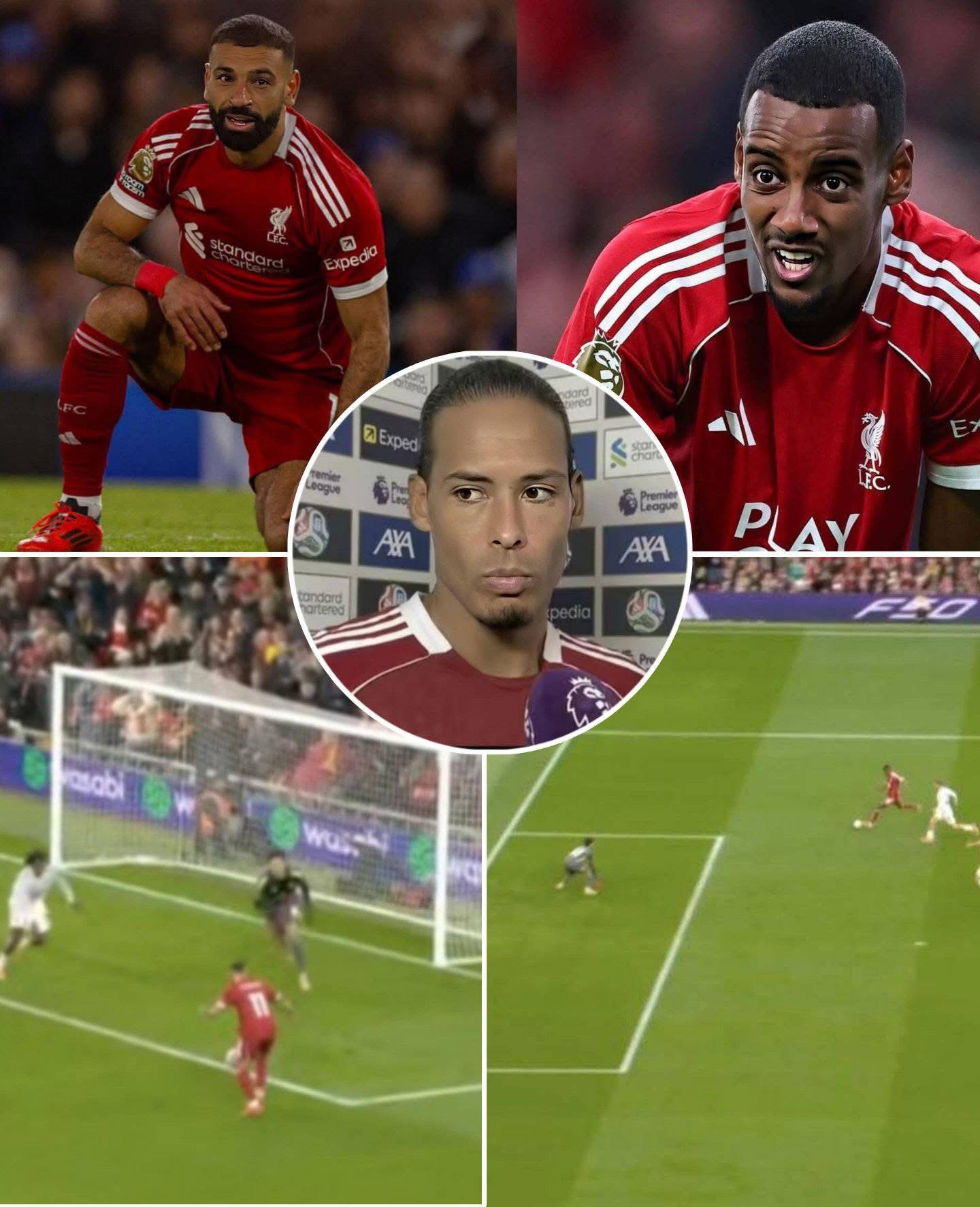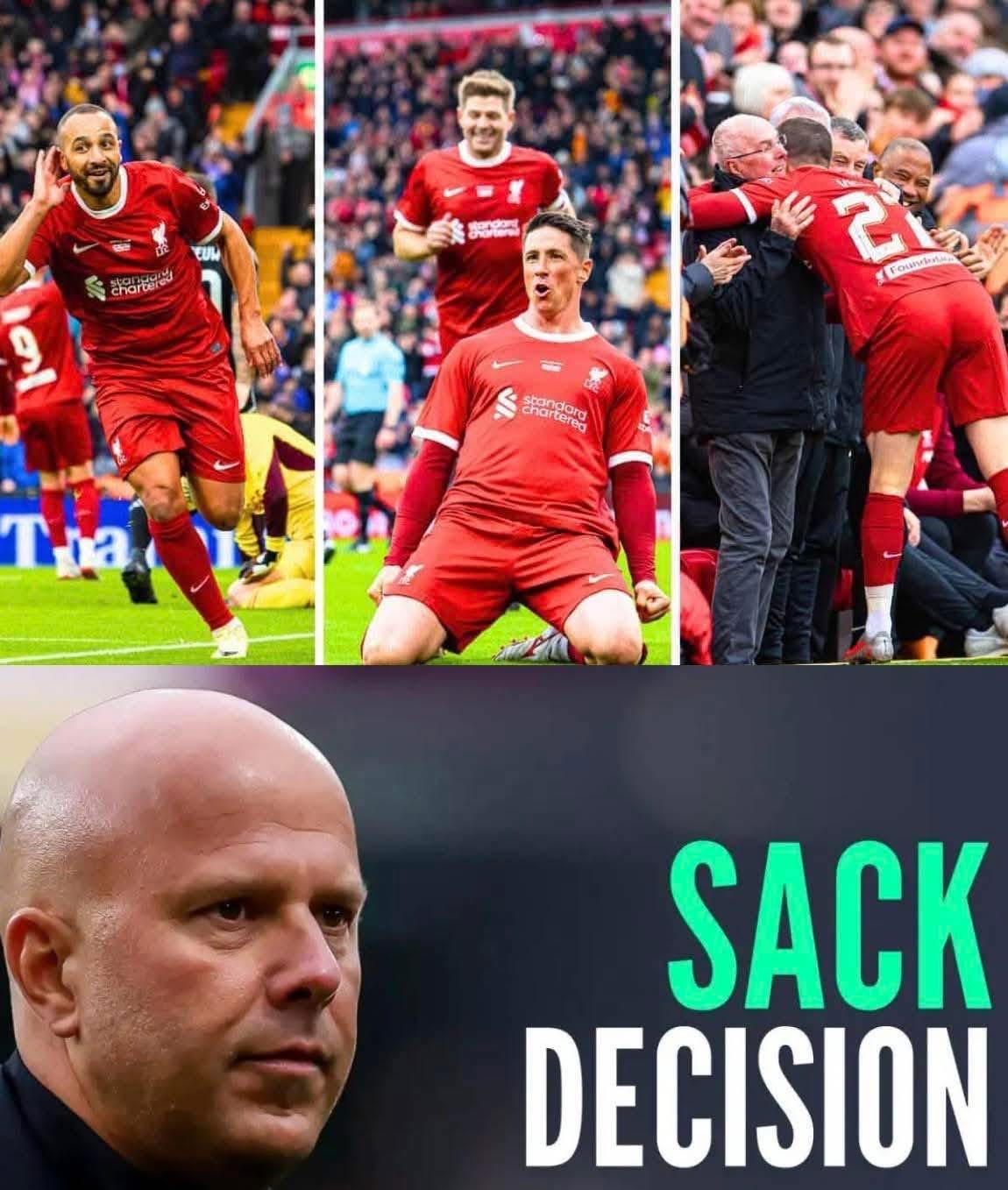When a club with the stature of Chelsea takes to the pitch, expectations are always high—not just from the fans, but from legends who once wore the shirt. Former Blues defender Frank Leboeuf, never one to mince words, expressed his disappointment following Chelsea’s most recent outing. His comments struck a chord, particularly because they encapsulate what many observers and supporters were already thinking: this was a match where Chelsea should have shown more initiative, especially in the second half.
Speaking after the final whistle, Leboeuf said he “expected more from Chelsea in the second half, more offensive changes from the coach.” He added that the team “has to be disappointed” with the outcome, and those words have opened the door to a wider debate about Chelsea’s current direction, their style of play under Enzo Maresca, and the mentality within the squad.
The Context of Leboeuf’s Criticism
Leboeuf is not a casual commentator. As a World Cup winner with France and a vital part of Chelsea’s defense in the late 1990s and early 2000s, his opinions carry weight. He knows what it means to represent a club in transition, to fight for silverware while balancing the pressures of expectation. His words were not just about one game but about a pattern he sees emerging in the club’s performances.
Chelsea, under their new regime, have tried to balance a possession-based style with defensive discipline. But in matches where the scoreline is tight, fans and pundits alike have been crying out for more risk, more attacking impetus, and a willingness to dictate games rather than simply react to them. Against strong opposition, this hesitancy becomes glaring, and Leboeuf’s criticism reflects that frustration.
A Lack of Offensive Courage
What Leboeuf was alluding to is a recurring theme: Chelsea’s tendency to play within themselves when the game reaches a critical juncture. In the first half, they often show flashes of energy, movement, and creativity. But as the game progresses, particularly after the 60-minute mark, their tempo drops, substitutions arrive too late, and opportunities to press the opponent are squandered.
Football is often described as a game of moments. In the second half, teams must seize momentum, exploit tiring defenders, and press harder for a breakthrough. Chelsea, instead, have been accused of being cautious—keeping the ball but lacking incision. For a squad packed with attacking talent, this is a concern.
Leboeuf expected the manager to roll the dice with offensive changes, perhaps introducing fresh legs in forward areas earlier than he did, or reshuffling the attacking setup to create more danger. It is not just about throwing on strikers but about creating overloads, unsettling the opposition, and showing an aggressive intent to win the game.
The Weight of Expectations at Stamford Bridge
Every Chelsea performance is measured against the club’s illustrious past. From the Roman Abramovich era, where silverware became a regular occurrence, to the more recent Champions League triumph under Thomas Tuchel, supporters have become accustomed to a certain level of ambition. The identity of Chelsea has been built on resilience, flair, and the courage to compete with the best.
When legends like Leboeuf watch the current team, they look for those hallmarks. That is why he is so vocal when he feels the club is falling short. He is not just critiquing a tactical decision but questioning whether the players and staff truly understand what it means to wear the Chelsea shirt.
A Manager’s Dilemma
To be fair to Enzo Maresca, managing Chelsea is one of the toughest jobs in football. The expectations are sky-high, and every tactical decision is scrutinized. Coaches often face the dilemma of whether to protect a point or chase three. In a league where one mistake can cost dearly, many managers err on the side of caution.
But caution has its risks too. It can sap confidence, frustrate fans, and give the impression that the team lacks ambition. That is exactly the point Leboeuf was making—Chelsea have the resources to be more adventurous, yet they sometimes retreat into their shell when boldness is required.
Disappointment as a Driving Force
Leboeuf’s comment that Chelsea “has to be disappointed” is more than a throwaway remark. Disappointment, if channeled correctly, can be a powerful motivator. Great teams thrive on the frustration of missed opportunities, using it to fuel future performances.
The question is whether Chelsea’s current group of players has that mentality. Do they take criticism personally and work harder to improve, or do they shrug it off and repeat the same mistakes? This is where leadership within the squad becomes vital. Every successful Chelsea team in history has had leaders—Didier Drogba, John Terry, Frank Lampard—players who refused to accept mediocrity. The current crop must find similar voices to demand more from themselves and each other.
What Needs to Change
If Chelsea are to respond to Leboeuf’s challenge, several things must change:
- Earlier and braver substitutions – Introducing attackers when the game is finely balanced can tip the momentum. Waiting too long often means chances slip away.
- Sharper movement in the final third – Possession football is only useful if it translates into penetration. Chelsea need quicker passing and more off-the-ball runs to unsettle defenses.
- Mentality shift – The players must start believing they can dominate second halves rather than merely survive them. That requires both confidence and tactical clarity.
- Accountability from the coach – Maresca must take ownership of decisions and show he can adapt when a match is not going Chelsea’s way.
- Consistency in attacking output – It is not enough to play well in spells; Chelsea must sustain attacking intensity across 90 minutes.
Leboeuf’s Legacy and Perspective
One reason Leboeuf’s words sting is because he represents a generation that laid the foundation for Chelsea’s modern success. He was part of the squad that won the FA Cup in 1997, the club’s first major trophy in decades, which sparked the belief that Chelsea could compete with England’s and Europe’s best. He played with heart, intelligence, and bravery—qualities he now demands from the new generation.
When someone with that pedigree says he “expected more,” it is not just criticism but a challenge. It is a reminder that standards at Chelsea must remain high, and that every player must contribute to upholding the club’s reputation.
Final Thoughts
Football punditry can sometimes be dismissed as noise, but Leboeuf’s analysis cuts deeper. It reflects the voice of fans who want to see Chelsea play with courage and authority. His disappointment is not rooted in negativity but in belief—belief that Chelsea are capable of so much more.
Whether the team responds is another question entirely. Will Maresca listen to such criticism and adjust his approach? Will the players rise to the challenge of proving their doubters wrong? These are the storylines that will define Chelsea’s season.







